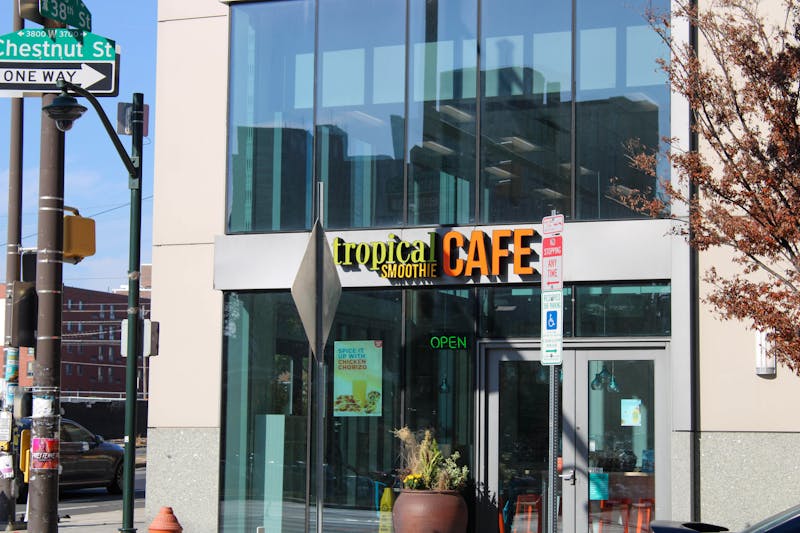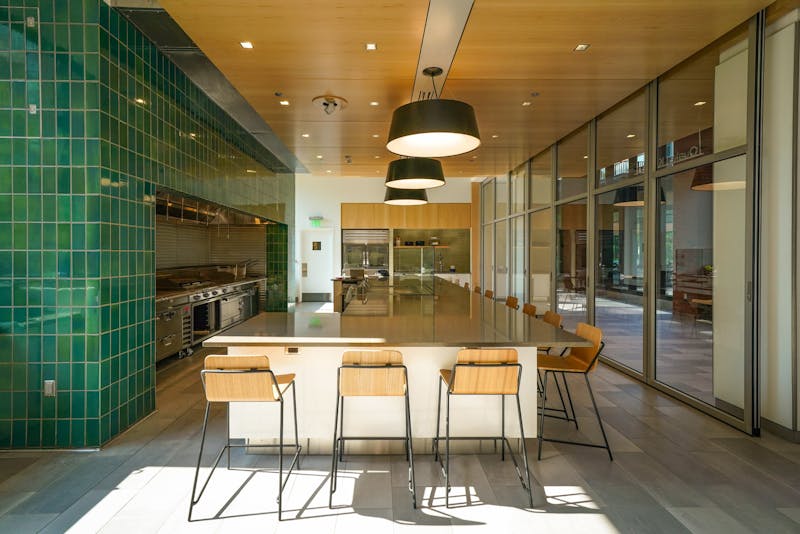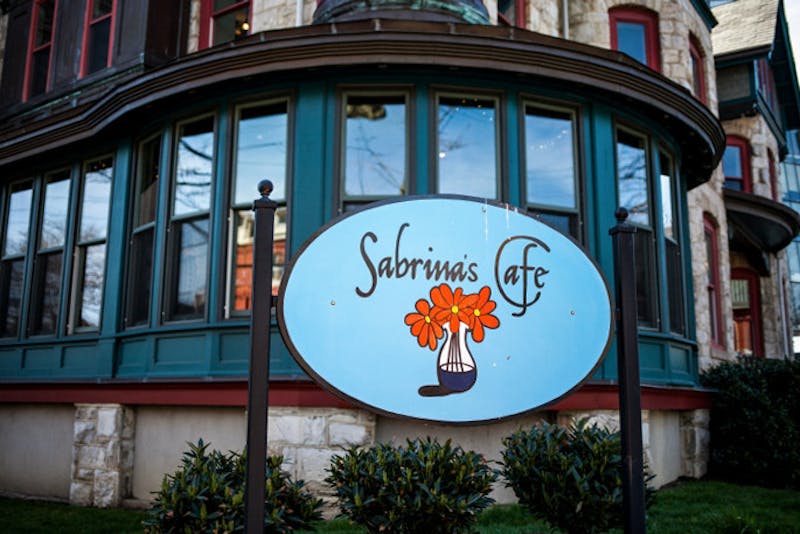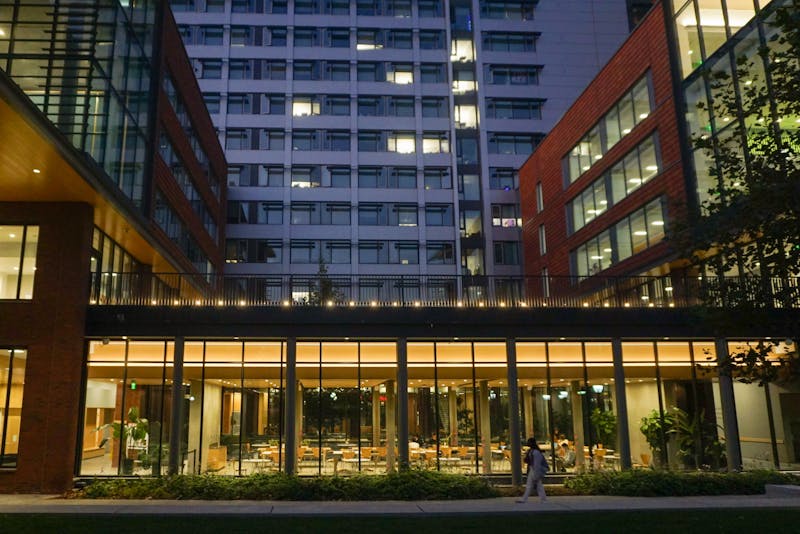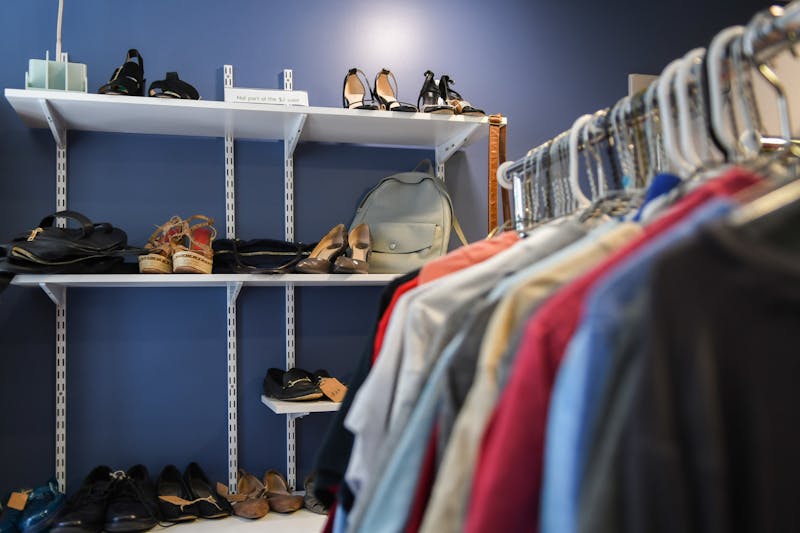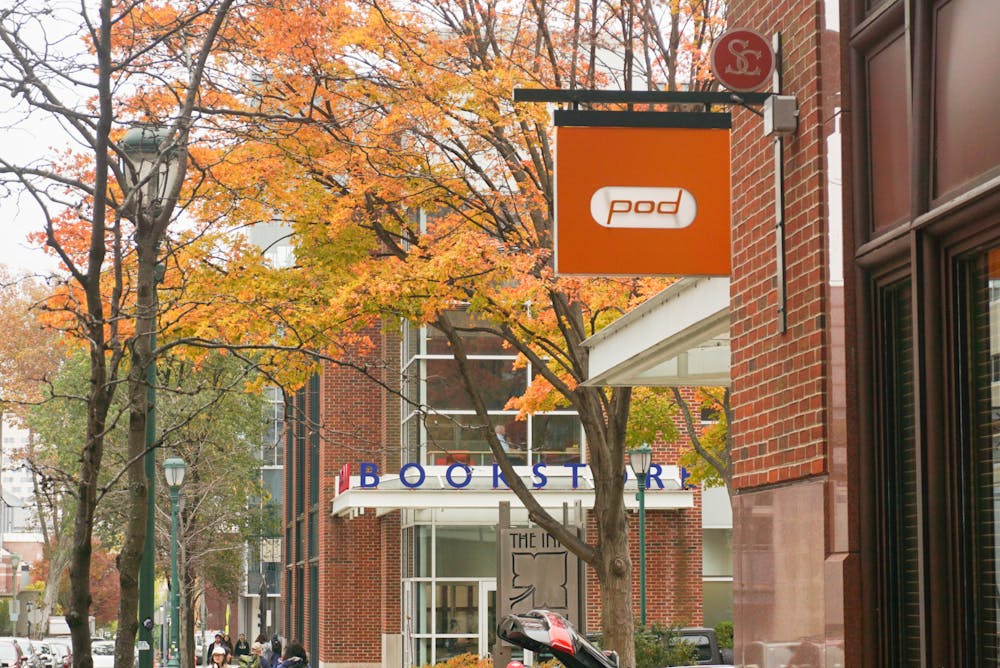
These days, I can’t help but think about the movie "The Menu" when I go out to eat. Though my culinary reality is much less about the psychological torture of dinner guests and cold-blooded murder, I often contemplate what the movie reveals about the food service industry, the changing nature of tastes, and the grueling pressure for restaurants to innovate and keep up with diners’ demands.
The fine dining scene, especially in big cities like New York, Philadelphia, and Boston, seems to be going through an identity crisis and fizzling out altogether. Once upon a time, these establishments exclusively pioneered extravagant, in-person cuisine experiences and piqued interest among the elite and everyman. There were juggernaut restaurants, Eleven Madison Park and Momofuku Ko, and significant staples in the culinary world. But nowadays, it seems like every fine dining restaurant is shuttering its doors or “reinventing itself” drastically, ditching their hundred-dollar tasting menus and “tweezer food” culture for something more palatable, like the vibe of your local hangout for a drink or a weeknight dinner. Why?
Since the pandemic, there has been a mass exodus of restaurants for a variety of reasons, such as increases in competition and operational costs, staff burnout, and lack of patronage from customers. Just this year, we saw Northwest Philadelphia’s Relish, a Black-owned restaurant serving Southern soul food, close its doors. Shortly after, Port Richmond’s The Lunar Inn announced that it was bidding farewell to the neighborhood by the end of the year.
There is certainly a shift in tastes. The Wall Street Journal reports that a majority of Americans prefer cost and convenience over ambience post-pandemic, leading to spikes in fast-casual dining and casual eating full-service experiences. Still, after years of social distancing and quarantining, there are diners hungry for diverse experiences — they want a place that could serve as a date night spot as well as a place to bring their parents. Essentially, customers want a place that can do it all. But fine dining restaurants, built on a history of an implied philosophy of exclusivity and, as it was brought into sharp focus last year, exploitation of their workers, don't fit their needs nor their budgets.
Eating anew does not require chasing eccentric dining, nor should a meal break your wallet. There are plenty of less expensive yet still critically acclaimed places that center on unique concepts and experiences. West Philadelphia’s Pod (formerly Kpod) is reinventing itself to adjust to populist attitudes. Eleven Madison Park, Momofuku Ko, and the too-fine dining restaurants of yesteryear may be fading out of New York, but experience dining certainly hasn’t here.
In fact, Philadelphia is having its own culinary moment right now, garnering national press attention and prestigious accolades. In 2023, Philadelphia swept the James Beard Awards, winning in notable categories: Friday Saturday Sunday won Outstanding Restaurant, 1993 Wharton MBA graduate Ellen Yin won Outstanding Restaurateur, and Kalaya’s Chutatip “Nok” Suntaranon won Best Chef in the Mid-Atlantic. Furthermore, Philadelphia’s food scene has a smorgasbord of variety, encouraging diners to embark on a choose-your-own-adventure journey with their bites. Ranked No. 6 in the U.S. News “Best Food Cities in the U.S” list and featured prolifically in the New York Times' past and current "Restaurant List" guides, the city is known for its glittering food mosaic and spotlighting of assorted cuisines. Take Gabriella’s Vietnam or El Chingon: Not only do restaurants here demonstrate consistent excellence in food, atmosphere, service, and operations, but they also innovate dining in a way that is fun and exciting.
There is, however, criticism surrounding this kind of experience-eating, upscale or not. I fear, after watching "The Menu," that prioritizing a particular atmosphere could not only lead to experience-eating, but also disincentivize restaurant commitment to simply serving good food. Small businesses, particularly bakeries and little shops, have already felt this the hardest. Korshak Bagels, an intimate food operation that opened during the pandemic, closed in September. The West Philadelphia popsicle and pie darling Lil Pop Shop announced that it would wrap up all retail operations on Dec. 2. Neighborhood favorite Weckerly’s Ice Cream will also say goodbye by the end of this month.
As the culinary landscape continues to evolve, it will be interesting to see how restaurants adapt and whether there will be a resurgence of appreciation for establishments that prioritize exceptional food alongside unique experiences. Striking a balance between innovation and culinary excellence will likely be the key to long-term success in the ever-changing world of dining.
CATHY LI is a College junior studying English and Design from Brooklyn, N.Y. Her email address is licathy@sas.upenn.edu.
The Daily Pennsylvanian is an independent, student-run newspaper. Please consider making a donation to support the coverage that shapes the University. Your generosity ensures a future of strong journalism at Penn.
Donate







